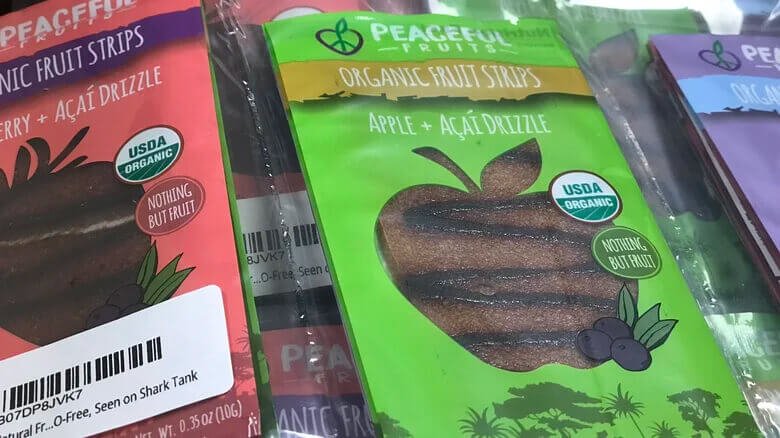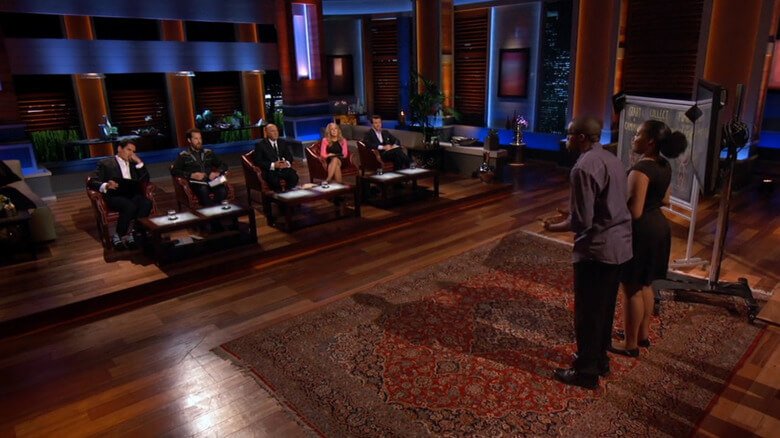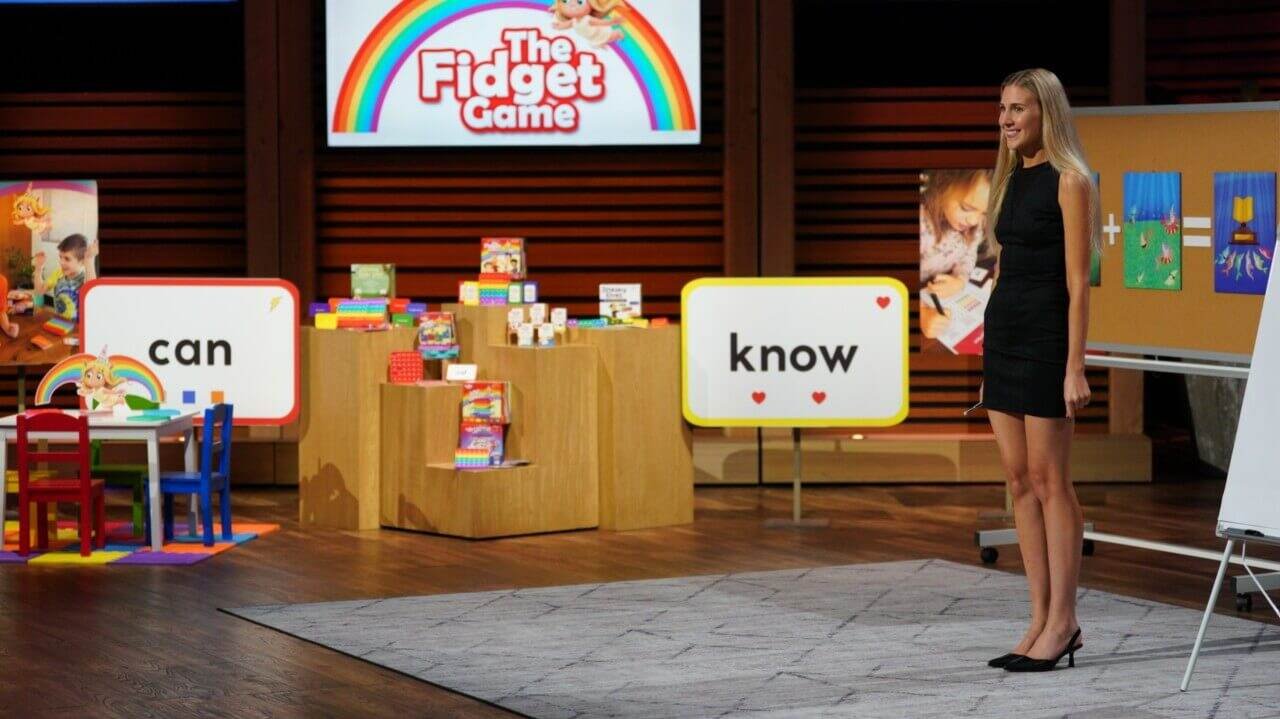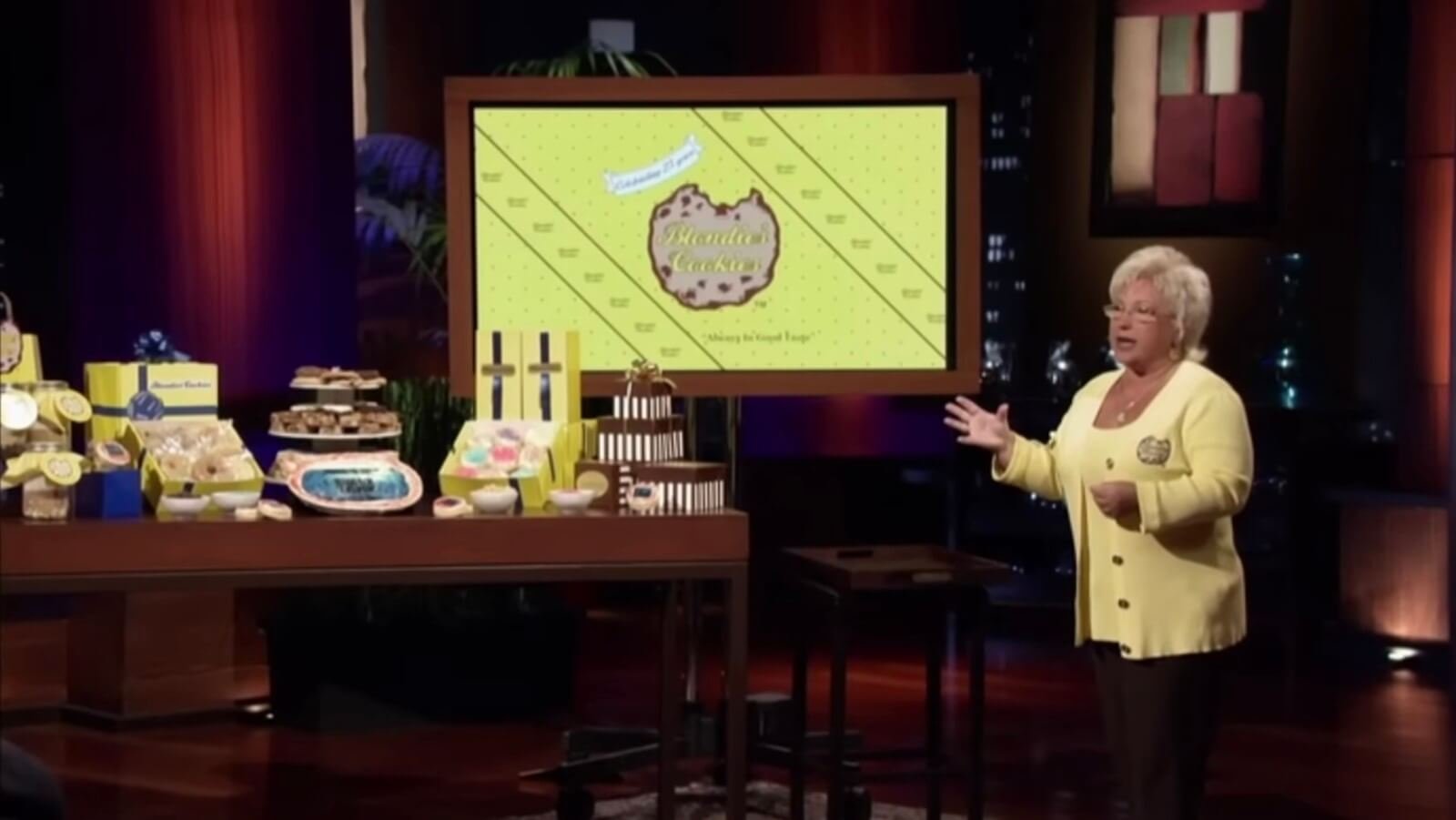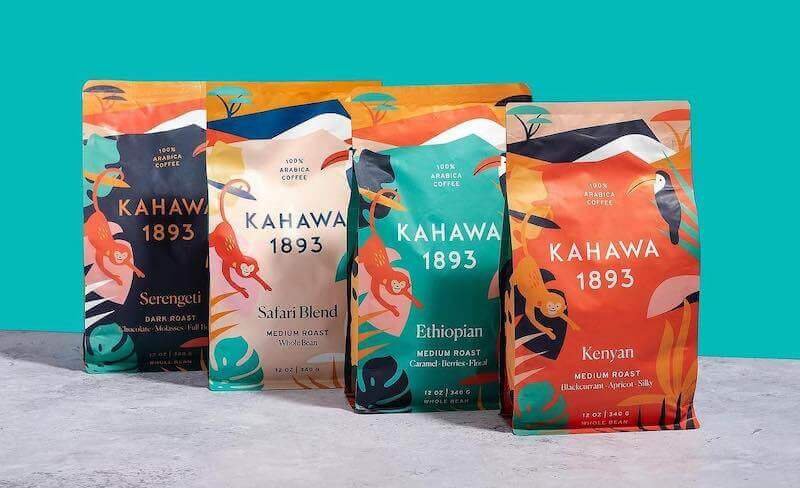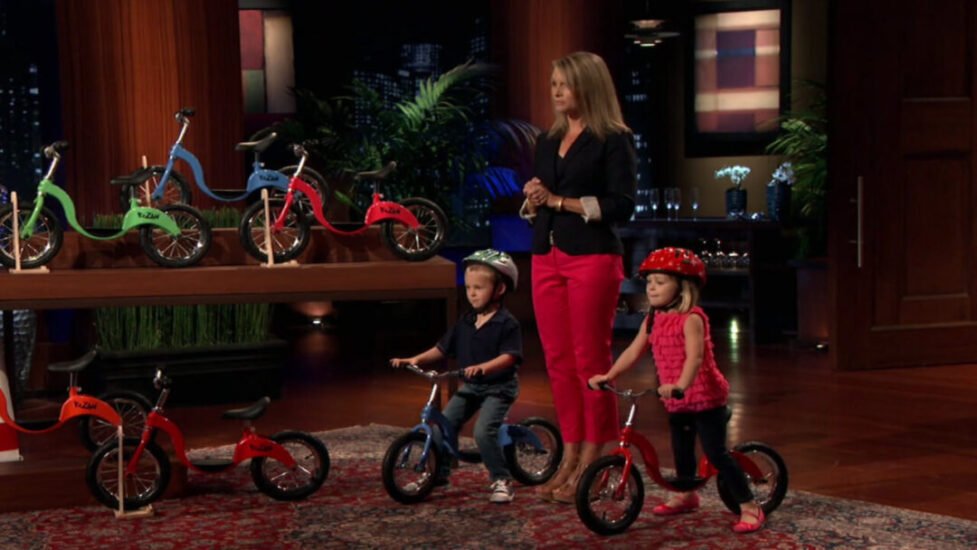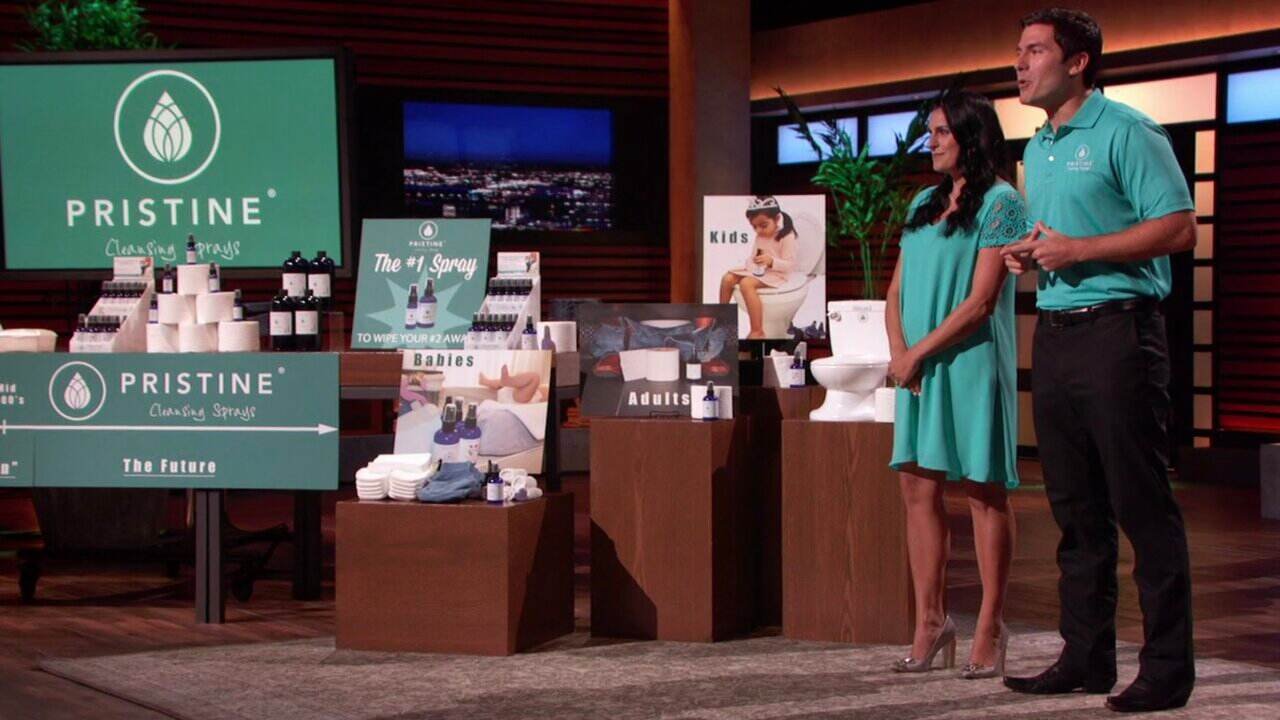Busting the Shark Tank Myth: “No Deal” Doesn’t Mean Game Over
Let’s get one thing straight—just because you see a founder walk off Shark Tank without a deal doesn’t mean the company’s dead in the water. Sometimes, the no you get from the Sharks is the best yes you could’ve hoped for. That’s exactly what went down with Peaceful Fruits—a brand that started small, stared down five Sharks on national TV, and kept hustling until the numbers did all the talking.
The Peaceful Fruits Pitch
You ever see a business and think, Wow, I wish I’d thought of that first? Peaceful Fruits is a classic case. Picture this: Evan Delahanty, ex-Peace Corps turned food entrepreneur, stepping up to pitch his açaí-based fruit snack company on Shark Tank Season 8, Episode 16.
His product? Real fruit, real simple. No added sugar, no preservatives, no recipes borrowed from the back of a candy wrapper. Just pure fruit, pressed into snackable strips. The sort of thing every Whole Foods shopper dreams about—if, of course, they can find it on the shelf.
Evan wasn’t just pushing health. He made sure the Sharks (and millions of viewers) heard about his social mission right up front: supporting Amazon communities, giving steady jobs to people with disabilities, and running a profit-driven business that wasn’t just about lining his own pockets.

Breaking Down the Shark Tank Moment: The Ultimate Pitch Pressure
Let’s talk numbers. Evan marched in asking for $75,000 in return for 20% of Peaceful Fruits. That’s a $375,000 valuation. Not the wildest number I’ve seen, but you could tell he’d done the back-of-the-envelope math before stepping onto that carpet.
Now, pitch rooms like this? Brutal. Every Shark, every camera, and the clock is ticking. Delahanty put his heart out there—laid out his mission, handed around samples, and let the flavors speak for themselves. Daymond John nodded and said, They’re good. Mark Cuban cut straight to the chase: It’s a busy category. Lots of competition. He wasn’t wrong, but you could see Evan wasn’t backing down from the heat.
When the hard questions came—sales, cost, where the profits were hiding—Evan didn’t sugarcoat. He was wholesaling at $0.85 a pack, retailers sold at $1.25, and sales were sitting at around $20,000. That’s basically a blip next to a General Mills, but for a kitchen-table operation, not bad.
He was about to run a test at Ohio Whole Foods and had cracked shelves at Giant Eagle. Not Shark-level scale, but he was moving—the hardest part in CPG.
Why the Sharks Walked: Brutal Truth in the Tank
Here’s where things got real. I’ve watched enough Shark Tank to separate polite feedback from what the Sharks actually respect. Peaceful Fruits had product. It had purpose. What it didn’t have? Margin and scale.
Robert Herjavec was out fast—already had his fruit snack bet elsewhere. That’s the thing about the Sharks; they protect their own portfolio first.
Daymond checked out when Evan admitted he would basically live in Whole Foods running demos. Daymond’s made his money, and he’s not looking to camp out at every store endcap. Fair.
Mark Cuban saw the numbers and waved the red flag. Competition is fierce, and the risk-to-reward ratio was out of whack for him. Translation: low money, high grind, no guarantee.
Kevin O’Leary—Mister Wonderful—actually said the valuation wasn’t nuts. But he called Evan out: $75K wasn’t nearly enough to bring a snack company into the big leagues.
Lori Greiner wrapped it all up. She’s a queen of retail, but she knows a slugfest when she sees one, and this category is full of combat.
This wasn’t about hating the product. This was real talk about what it takes to scale a consumer product in America. If your sales are low, your market is crowded, and you’re doing everything yourself, getting a yes in the Tank is like catching lightning.
Net Worth and Numbers: Where the Money Stands Now
So, let’s put away the sizzle and look at the steak. Back then, on TV, Peaceful Fruits said they were worth $375,000. Now, with estimated annual revenue targeting $12 million in 2025, you have to re-run the numbers.
Is the business actually worth eight, ten, even twelve million now? Not necessarily—revenue isn’t profit, and food is a margin game. But I’ll say this: Peaceful Fruits has made the jump from wishful thinking to real business. Scaling from $20K to eight figures in revenue is the sort of glow-up most Shark Tank deals never hit, even with a check in hand.
What changed? Growth wasn’t overnight, but exposure from Shark Tank gave Evan a national stage. Customers who watched—then Googled—came, bought, and stuck around. Stories like this are why Shark Tank keeps working for hustlers who know how to use the platform, deal or no deal.
If you want to check more numbers on where Peaceful Fruits sits, check out sites like SharkWorth—these guys specialize in tracking post-Tank net worth and real revenue. It’s not just founders blowing smoke, it’s receipts.
The Peaceful Fruits Mission: More Than a Marketing Angle
Let’s get specific. Some brands slap social mission on their label because it looks good in a press release. But Evan walked the walk. Mark my words, companies that do both health and social impact—legit impact, not just greenwashed PR—stand out. Period.
Peaceful Fruits uses açaí berries sourced sustainably, and they put money right back into Amazon communities. More than that, Evan openned his factory doors to people with disabilities, giving folks who rarely get job offers a steady paycheck and a role on the team.
This matters. It isn’t just about building a feel-good culture—it’s about employees who care, who stick, who give your snacks a story worth telling. And customers? They care, even when they say they don’t. Profit and purpose, hand in hand—it moves units and builds loyalty.
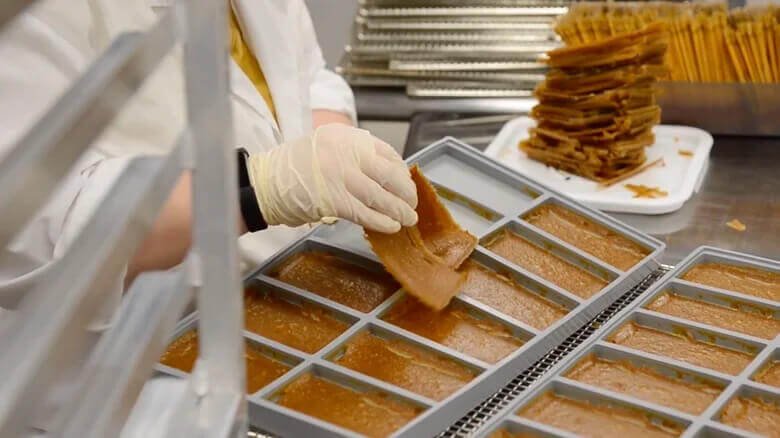
How Peaceful Fruits Bounced Back: The Post-Shark Hustle
A lot of founders walk out of the Tank and fold the next year. Not Peaceful Fruits. Evan got scrappy, went wider with flavors, bulked up retail presence, and pushed e-commerce hard.
He wasn’t afraid of more hustle. Live demos at grocers, deals with new retailers, more Amazon traffic—it all counts. There’s nothing glamorous about grinding at taste-test tables or pitching buyers again and again. But this is the stuff that builds real businesses—stacked shopping carts, not just Instagram likes.
The company rode the Shark Tank boost, then built something durable. $12 million in sales doesn’t happen because you got 60 seconds on TV. It’s months, years, of what’s next moves—expanding distribution, nailing repeat customers, and not taking no for an answer.
That’s how you move from a cute startup to an actual growth machine.
Lessons for Other Entrepreneurs: What Works and What Hurts
Let’s not sugarcoat. Most founders would kill for a deal, but TV fame can be a double-edged sword.
What works? Having a sharp mission, tight branding, and a founder who breathes fire for their purpose. Evan sold both a product and a belief system. I’ve seen it play out before—think Bombas or Scrub Daddy. The reason these brands win is because they stick to the grind and keep the mission at the core.
What hurts? Low margins, slow growth, and trying to be everywhere at once. Peaceful Fruits started with razor-thin numbers, but they kept costs tight. They won over enough fans to build momentum—the absolute hardest thing in CPG.
And if you don’t land a deal? Exposure is fuel. Running a Shark Tank segment is like lighting a rocket under your sales—if you’re ready, the traffic comes. But TV alone does not guarantee orders. If you want to make it stick, stand for something bigger than just a product.
Summary: Profit with a Purpose—Can You Win Bigger Solo?
Here’s the reality—Peaceful Fruits didn’t get a Shark, but who cares? They knew what they were worth, and they hustled until the market valued them higher. They proved the only deal that matters is the one you make for yourself.
So, back yourself. Build businesses that stack real wins—and stand for something greater than dollars alone. The market will hear you, eventually.
FAQs: Real Questions, Straight Answers
1. Is Peaceful Fruits from Shark Tank still in business?
Yes. They’re thriving and pulling in over $12 million in annual revenue by 2025.
2. Did Peaceful Fruits regret not getting a Shark?
Not at all. The exposure helped them build a lasting, mission-driven brand—and they’re scaling fast.
3. What makes Peaceful Fruits different from other fruit snacks?
Real fruit, no sugar, no junk, and a mission: jobs for people with disabilities and Amazonian sourcing.
4. How much have they grown since Shark Tank aired?
From $20K in sales at pitch to over $12 million annual revenue as of 2025. That’s some serious growth.
5. Are Peaceful Fruits available in major stores or only online?
They sell online and are popping up in more retail outlets, including Whole Foods and Giant Eagle.
6. Is Evan Delahanty still the owner?
Yes. Evan is still leading the charge and growing the business.
7. Does Peaceful Fruits only hire people with disabilities?
No—they hire people of all abilities, focusing on inclusion and meaningful work for everyone.
8. How can new brands survive a “no deal” on Shark Tank?
Use the exposure as rocket fuel, double down on your mission, and keep executing. Don’t depend on the yes—make your own break.
Looking for more numbers and post-Tank stats? Check out SharkWorth, the site following every Shark Tank brand’s story after the cameras stop rolling. Now go write your pitch, and remember: the grind never stops.

